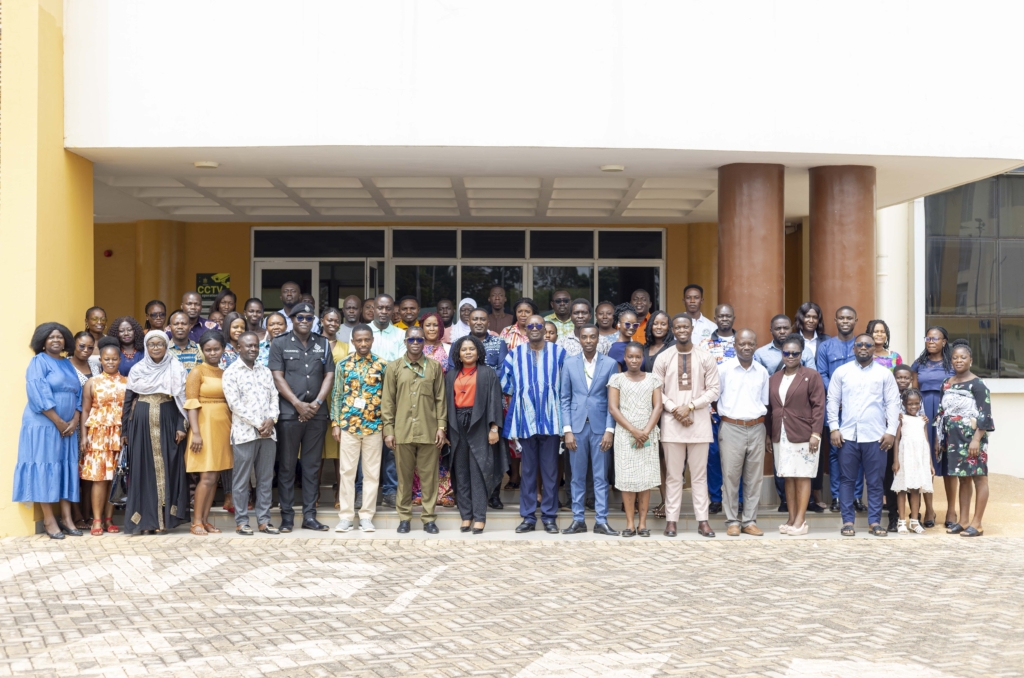KNUST elevates patient care with specialised hospital social work training – Nsemkeka
The Kwame Nkrumah University of Science and Technology (KNUST) has launched a targeted initiative to address the evolving complexities of hospital-based social work in Ghana by organising a short course on Hospital Social Work.
The three-day intensive training, funded by the KNUST Research Fund (KReF), was spearheaded by the KNUST Hospital Social Work Team in collaboration with the College of Humanities and Social Sciences and the Centre for Capacity Building and Innovation. It brought together practising and aspiring social workers from across the country to bridge critical knowledge gaps and equip participants with practical tools for today’s hospital settings.
Dr John Boulard Forkuo, project lead, highlighted a core challenge: the absence of defined role descriptions for hospital social workers in Ghana. “We saw that there are so many people in the hospitals without a role description. And this is the problem we’ve identified,” he explained.
Project co-lead, Professor Kwadwo Ofori-Dua, emphasised the indispensable role of social work in healthcare. “Human beings are social beings. Disease might be a social issue and may cause a social issue, and the social worker takes care of this,” he said, underlining the need to integrate social support into medical care.
Dr Joseph Abu Sakyi, Deputy Medical Director at University Health Services, described the course as “timely and important,” underscoring its relevance in enhancing healthcare quality. “Service quality is about responsiveness, reliability, tangibles, and empathy,” he stated. “How can you be responsive when you don’t have the right human resource?”
He urged participants to move beyond the conventional view of social workers as solely financial aid providers, stressing their broader role in delivering reliable, empathetic, and proactive care.
The training covered a wide range of topics, including the ethical responsibilities of hospital social workers, professional conduct, patient discharge planning, and aftercare services to support reintegration into society.
Speaking on behalf of the Provost of the College of Humanities and Social Sciences, Professor Charles Marfo, Professor Samuel Adu-Gyamfi hailed the course as a breakthrough in inter-professional collaboration. “This is groundbreaking — to see social science actors working with doctors and other health professionals within the same sphere,” he remarked. “There is always that synergy that must come on board.”
He encouraged participants to serve as change agents by sharing their knowledge and promoting cross-disciplinary collaboration in healthcare.
Ms. Linda Nana Esi Aduku, Assistant Grants and Research Manager, representing the Director of the Office of Grants and Research, Professor Philip Antwi-Agyei, reaffirmed the office’s commitment to building national capacity. She proposed scaling the course through e-learning. “Introducing online learning will allow people from different parts of the country to participate,” she suggested.
A central focus of the training was psychosocial counselling and the importance of multidisciplinary teamwork to deliver comprehensive, patient-centered care.
Participants left equipped with both knowledge and a renewed vision for social work’s role in transforming Ghana’s healthcare landscape.

